Is It Illegal To Kill Bats In Arkansas? Explore The Answer And Some Facts About Them
Delve into the world of bats in Arkansas, where these misunderstood creatures play a crucial role in ecological balance. In this article, we will discover the benefits bats bring to pest control, soil fertility, and even gardening.
From preventing entry to handling encounters, we can learn why killing these remarkable mammals is illegal and gain insights into rabies concerns, promoting a harmonious relationship with these essential contributors to our ecosystem.
Is It Illegal To Kill Bats In Arkansas?
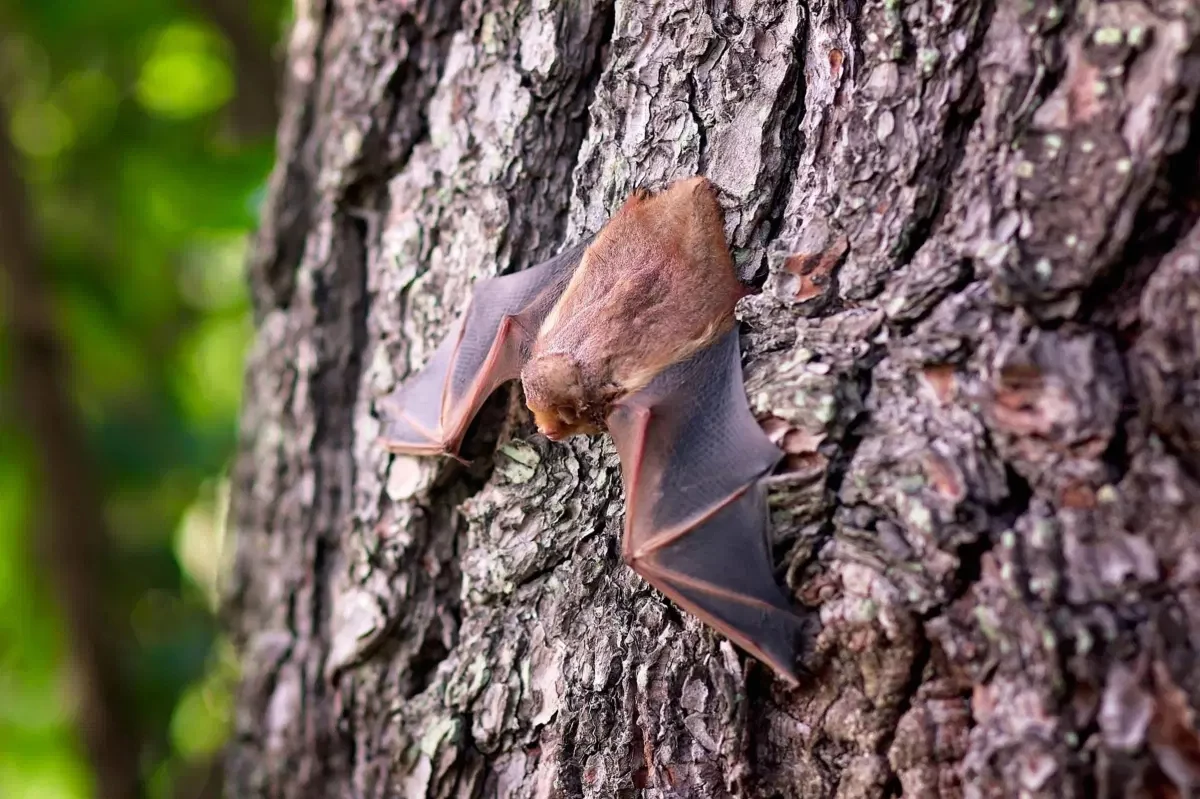 Source: Google
Source: Google
Indeed, the answer is a resounding yes! Killing bats is illegal, and for good reason. Bats, often misunderstood, are essential contributors to the delicate balance of our ecosystem. As the only mammals capable of true flight, they play a vital role in various ecological processes.
Their unique ability to navigate in the dark using high-frequency sonar or echolocation makes them effective predators of nocturnal insects, contributing to pest control and crop protection.
Bats are not the blood-sucking creatures of horror stories; rather, they are key allies in maintaining the health of our environment.
Despite these significant contributions, there is a caveat to the protection of bats—exemptions may exist in specific situations.
What Are Other Bat’s Benefits?
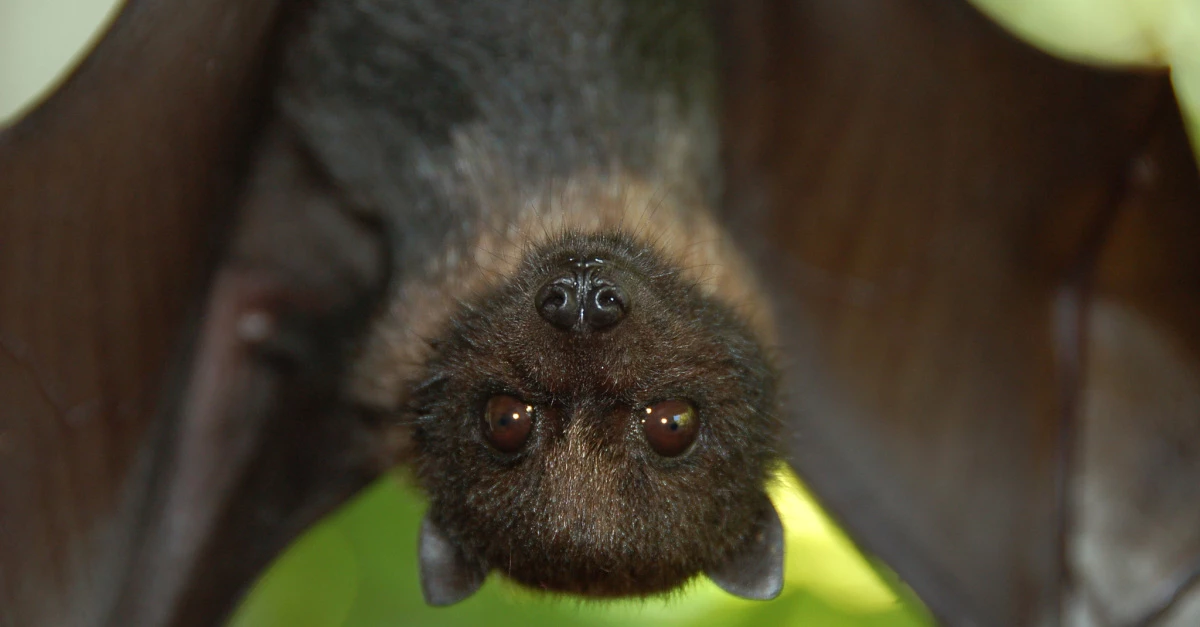 Source: Google
Source: Google
Bat droppings, often referred to as guano, may not be everyone's idea of a gardening resource, but they are a valuable organic input that can significantly boost plant growth.
Rich in essential nutrients, guano is known for its ability to enhance soil fertility, providing plants with the necessary elements for robust development.
Some even argue that the nutrients in bat guano linger in the soil longer than those found in chemical fertilizers. In the state of Arkansas, where nature thrives, 16 bat species call it home, with some, such as the Indiana bat, gray bat, Ozark big-eared bat, and northern long-eared bat, enjoying state and federal protection due to their endangered or threatened status.
Recognizing the importance of safeguarding these species, state laws mandate protection measures to prevent disturbances during critical periods like hibernation and breeding, aiming to reverse population declines observed over the past decades.
How To Keep Them Out?
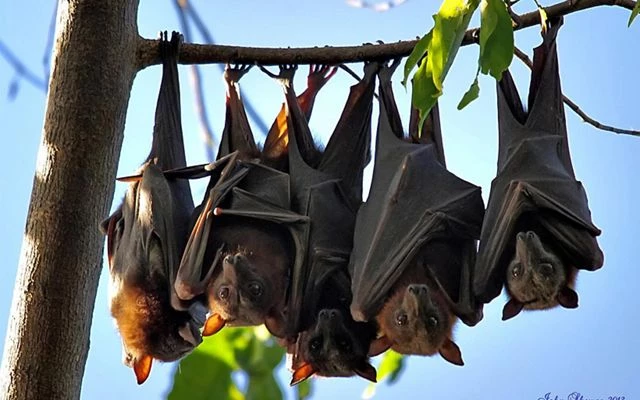 Source: Google
Source: Google
The key to dealing with bats is to keep them from entering your home or business in the first place, and the optimal times for bat-proofing are during the spring and fall.
Various techniques can be employed for bat-proofing, such as sealing entrances, screening off openings, using materials like steel wool or copper mesh, and filling cracks with insulation. Observing bat behavior during dusk or dawn is crucial for identifying entry and exit points.
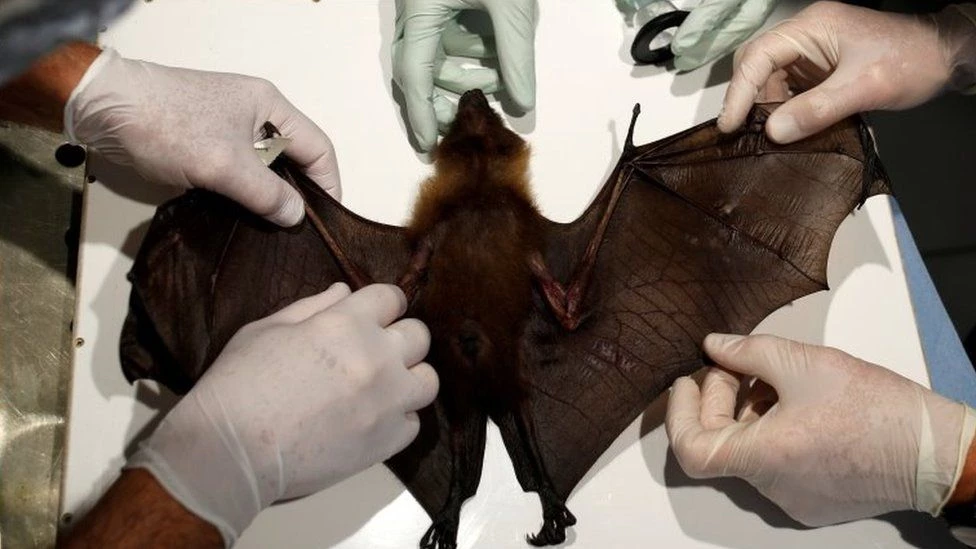 Source: Google
Source: Google
However, even with preventive measures, bats may sometimes find their way in, especially during the maternity season when a colony is born. In such cases, sealing entrances to living spaces becomes essential.
While some may choose to let small colonies remain, if removal becomes necessary, it's highly recommended to seek professional help.
As bats are federally protected, it's crucial to develop an exclusion plan that doesn't trap them within the structure. Professional wildlife nuisance control operators are well-equipped to handle such situations.
If cleaning is required after relocating a colony, precautions must be taken to avoid spreading spores of Histoplasma capsulatum, a fungus found in bat guano.
How About That Killing Bats?
 Source: Google
Source: Google
Killing bats is a big no-no (illegal), and there are clear regulations around it. If a bat bites you, the recommended course of action is to seek medical attention.
If, for some reason, you need to kill the bat that bit you, it's crucial to turn it over to the Arkansas Department of Health for rabies testing. Using chemicals or poisons to kill bats is illegal, and so is possessing them.
However, there's a slight exception for nuisance bats: they can be trapped and released outside city limits within 24 hours.
It's worth noting that Arkansas has three endangered bat species, and messing with them in any way, including importing, selling, purchasing, possessing, or causing harm, is strictly prohibited by law. It's a reminder that even when dealing with pests, humane and legal approaches are the way to go.
What If One Flies Into My House?
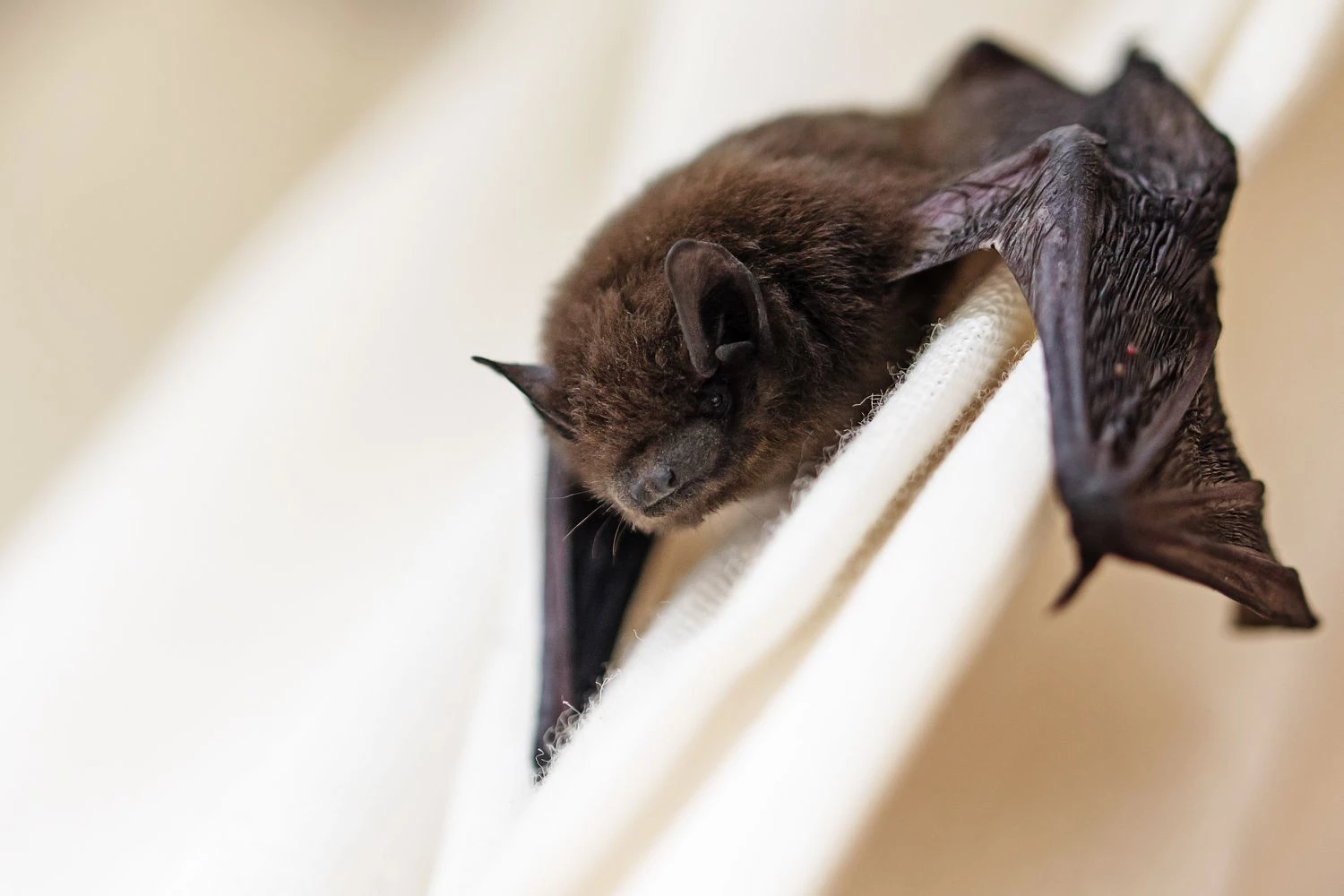 Source: Google
Source: Google
If a bat finds its way inside your living space, it's best to let it find its own way out.
According to the University of Arkansas, you can encourage their departure by turning off lights and opening doors or windows to the outside. Panicking and swatting at bats can stress you and the bat, so staying calm is advised.
If you need to capture a bat or a butterfly network, be sure to wear thick leather gloves for protection.
When releasing a captured bat, do so from an elevated location, giving them the space to drop down and catch the air under their wings before flying away. It's a gentle approach to ensuring human and bat well-being.
But, What About Rabies?
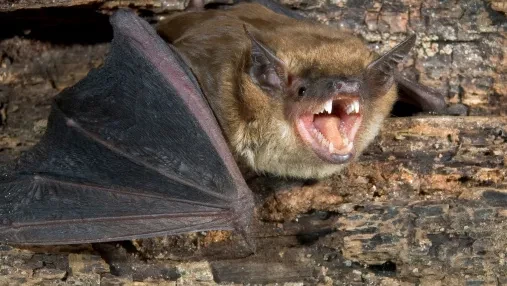 Source: Google
Source: Google
While rabies is a concern with bats, the transmission is incredibly rare. It's crucial not to touch bats with bare hands, especially if they appear sick, as they are more likely to bite if handled. In case of a bat bite or scratch, seeking immediate medical attention is essential, as timely treatment for rabies is highly effective.
Despite their spooky reputation fueled by vampire stories, bats are remarkable creatures with a critical role in pest control. They quietly work to keep bug populations in check, making them beneficial neighbors.
For a deeper dive into the world of bats in Arkansas, exploring their behavior, diet, and even ways to create habitats for them, check out the comprehensive article by the University of Arkansas' Professor Rebecca McPeake.
Other Facts About Bats
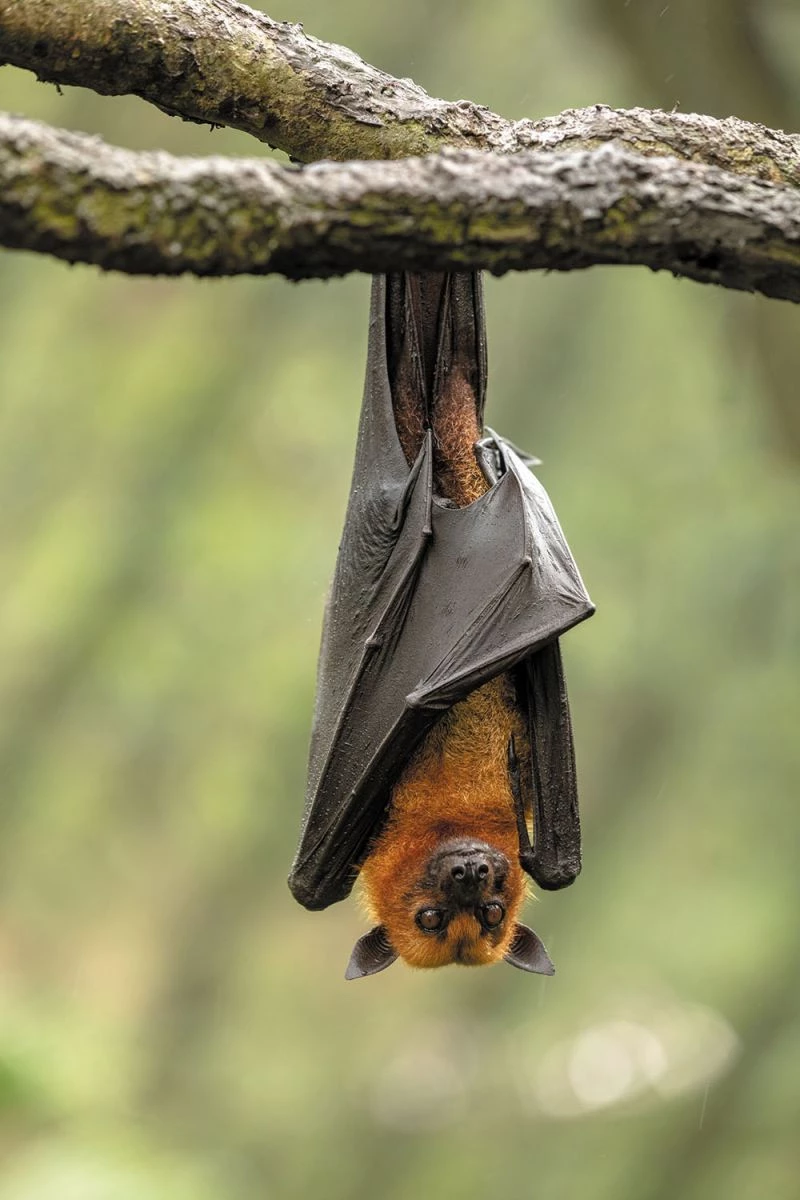 Source: Google
Source: Google
- Did you know little brown bats can consume 500 to 1,200 mosquitoes and other flying insects per hour? A colony of just 150 big brown bats will eat mass quantities of pests like cucumber beetles, June bugs, stinkbugs, and leafhoppers.
- There are over 1,400 species of bats, making them the second most diverse order of mammals after rodents.
- Bats exhibit a wide range of diets. While some are insectivores, others feed on fruits, nectar, blood (hematophagy), fish, or small mammals.
- Bats can be surprisingly long-lived for their size. Some species can live over 30 years.
- Fruit bats contribute to seed dispersal, aiding in the regeneration of forests and maintaining biodiversity.
- The Mexican free-tailed bat is known for its long-distance migrations and can travel over 1,000 miles.
Conclusion
 Source: Google
Source: Google
Now, we have the answer to the question “Is it illegal to kill bats in Arkansas?”. When we explore the world of bats in Arkansas, this article reveals not only the legalities and guidelines surrounding their protection but also the myriad ways they contribute to our ecosystem. Understanding and appreciating these flying mammals not only aids in their conservation but also promotes harmonious coexistence.
Residents need to embrace humane approaches, recognizing the significance of these creatures in maintaining the delicate balance of nature. In doing so, we can foster a future where bats thrive, contributing silently yet substantially to the well-being of our environment.
Related Articles
- Gorilla Tries To Run Into Cold Water, Regrets It, And Then Acts Cool As If Nothing Bad Happened
- The Heartwarming Tale Of Gentle Outcast Cat's Journey From The Streets To Loving Home In NYC
- Cat Left Behind In Apartment When His Family Moved Is Happy When Finally Adopted After 5 Months Of Waiting
- Man Out Paddle Boarding Suddenly Realizes He Has Chance Encounter With A Very Curious Manatee
- Woman Finds Flowers All Over Bedroom Every Day - Then Relizes They Were Left By A Secret Admirer
- This Man Stops To Rescue 'Angry' Animal In The Road—And Ends Up Making A Friend
- Photographer Spots A Haunting Face Pleading For Help On Beach
- Shoppers Are Completely Stunned As They Spot A Face Pleading For Help At Store’s Glass Door
- Couple Adopts Bulldog Who Looks Similar To Their Pet and Gets A Big Surprise
- Man Sets Up Owl Nesting Box, Then Surprisingly Discovers Fluffy Visitor Inside